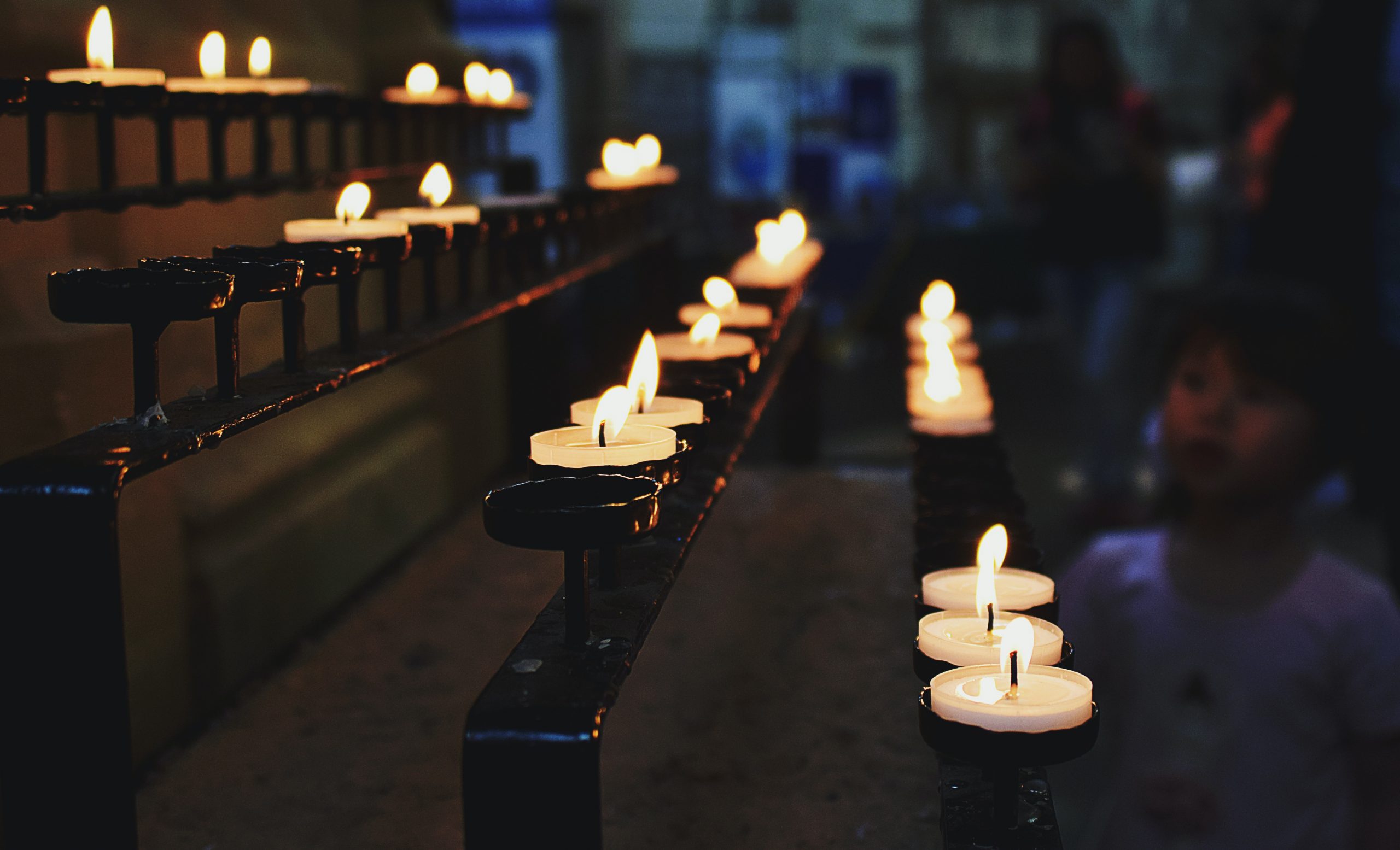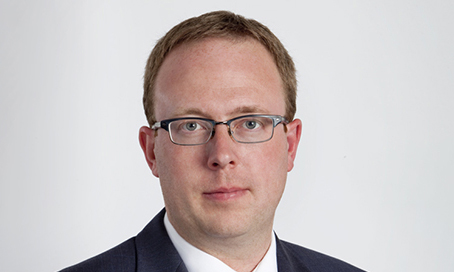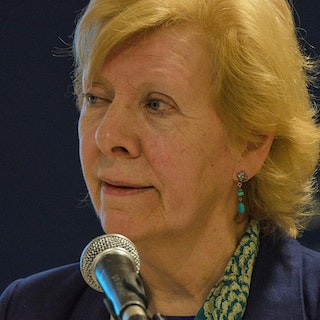
Research
Polling with the Angus Reid Institute
March 27, 2024
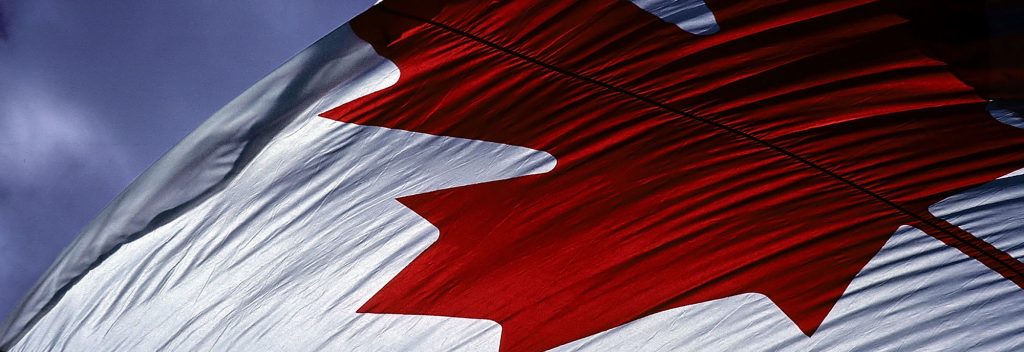
Research
An Institutional History of Religious Freedom in Canada
This paper aims to provide a historical context for why freedom of religion and conscience is foundational to Canadian democracy, diversity, pluralism, and to our common life as human beings living in this place, this Canada.
April 3, 2020

Research
Diakonia Project
Eight initiatives across the country in which Canadians of faith are serving their community.
March 9, 2021
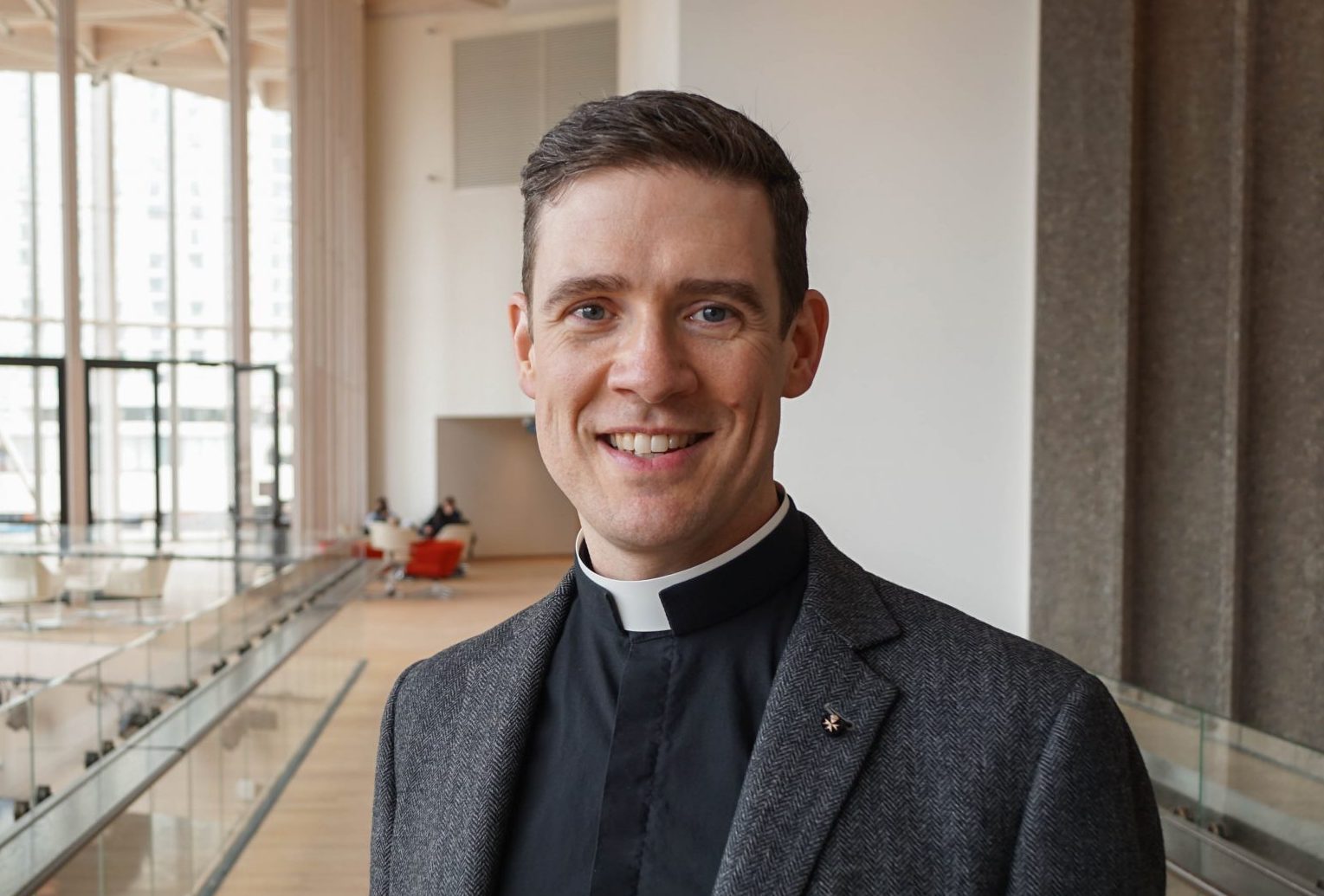
Andrew P. W. Bennett
Program Director, Faith Communities
The Rev. Dr. Andrew P.W. Bennett is Program Director, Faith Communities at Cardus. He is an ordained deacon in the Ukrainian Greek-Catholic Church in the Eparchy (Diocese) of Toronto and Eastern Canada. Fr. Deacon Andrew works to promote religious freedom, freedom of conscience, and the importance of public faith to our common life and is a noted speaker and commentator on these topics. He holds a Ph.D. in Politics (2002) from the University of Edinburgh as well as degrees in history from McGill and Dalhousie universities.
More from Cardus Faith Communities

Research
Cardus Presentation to Parliamentary Committee on Military Chaplaincy
The essential work of Canadian Armed Forces chaplains of all religious and philosophical traditions must be protected and encouraged.
June 2, 2023

Research
The Bible and Us
Canadians and Their Relationship with Scripture
May 2, 2023

Research
The Shifting Landscape of Faith in Canada
Religion holds an increasingly delicate place in Canadian society according to The Shifting Landscape of Faith in Canada. This report compiles data from nine representative surveys of the Canadian population, creating one of the most comprehensive looks at religion in Canada.
November 23, 2022
Explore more from Cardus Faith Communities
